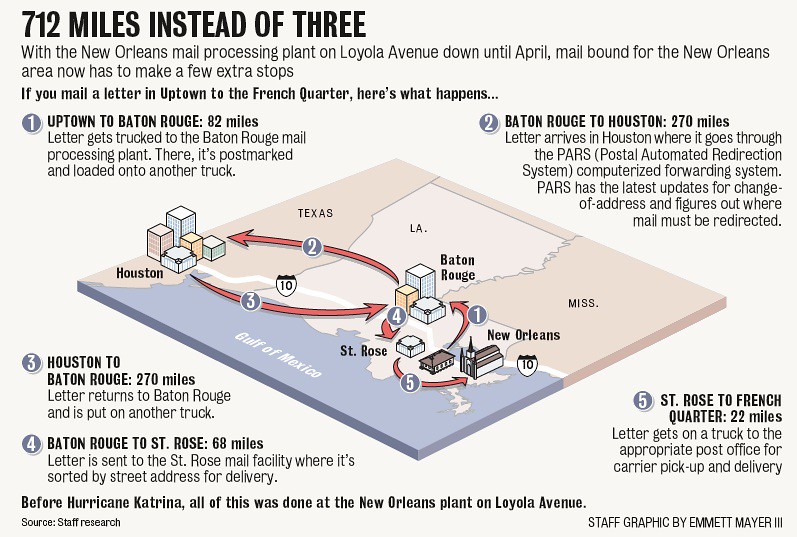In September 2005, we had reason to worry about the ability of a tightly coupled world to withstand shocks. At that time this included Hurricane Katrina and SARS. More recent crises, including the COVID-19 pandemic and the war in Ukraine have arguably outshocked these.
In his analysis of the economic sanctions imposed against Russia following its 2022 invasion of Ukraine, Simon Jenkins comments that the interdependence of the world’s economies, so long seen as an instrument of peace, has been made a weapon of war
.
As the global economy becomes more tightly coupled, the chances of one event having a catastrophic impact on the entire system increase
notes an account called @Forrest. Forrest, billed as anti-tech, right-wing dissident thought
, uses this statement as part of an argument against geoengineering remedies to climate change, on two grounds. Firstly, because meddling with complex systems is likely to have unforeseen consequences, and secondly because these supposed remedies represent a further power-shift towards global technological elites. (Bill Gates obviously, who else?)
Other thinkers see this as an opportunity to shift from deterministic systems to more adaptive and resilient systems (Wieland) or to shift from technological capitalism to a different sociopolitical system (Zhang).
Tony Dutzik, Defusing a rigged to blow
economy: Rebuilding resilience in a suddenly fragile world (Frontier Group, 30 March 2020) reprinted (Strong Towns, 1 April 2020)
Nick Gall, Panarchitecture: Architecting a Network of Resilient Renewal (Gartner, 24 January 2011)
Tim Harford, Why the crisis is a test of our capacity to adapt (Financial Times, 20 March 2020)
Simon Jenkins, The rouble is soaring and Putin is stronger than ever - our sanctions have backfired (The Guardian, 29 July 2022)
Andreas Wieland, Dancing the Supply Chain: Toward Transformative Supply Chain Management (The Journal of Supply Chain Management. 2021 Jan; 57(1): 58–73.
Yanzhu Zhang, Is panarchy relevant in the COVID-19 pandemic times? (Blavatnik School of Government, 10 June 2020)
Related blogposts: Efficiency and Robustness - On Tight Coupling (September 2005)
Updated 18 February 2023
